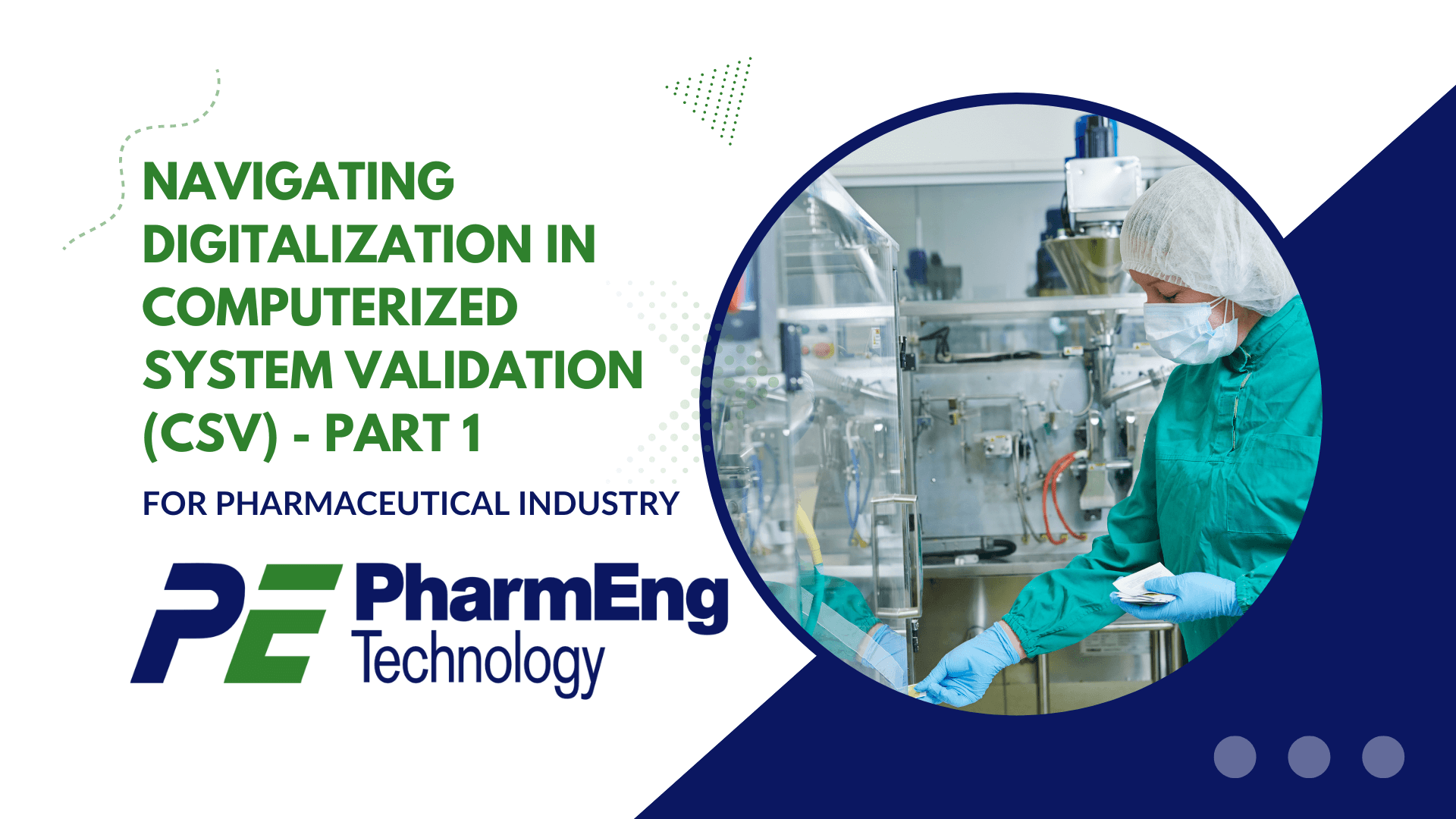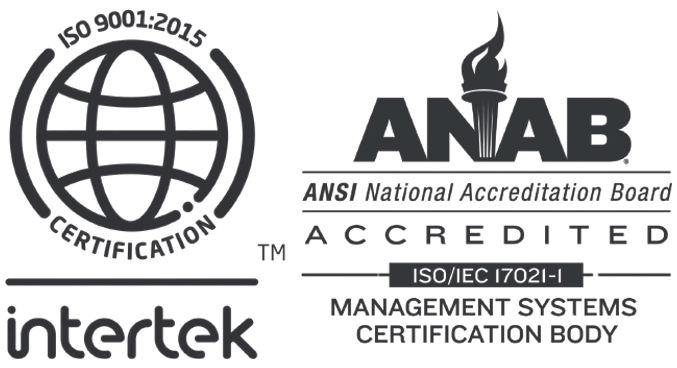
Navigating Digitalization in Computerized System Validation (CSV) for Pharmaceutical Industry – Part 1
By: Roseline Tio and Izwan Firdaus (SEA CSV SME)
The universe of four fundamental forces has not only revealed many of the secrets of nature but has also unleashed the great scientific revolutions that have altered the destiny of civilization itself. When Newton wrote down the laws of motion and gravity, it laid the groundwork for the Industrial Revolution. Then the moment Faraday and Maxwell revealed the unity of the electric and magnetic forces, this set into motion the Electric Revolution that laid the foundation of mass production. Furthermore, when Einstein and the quantum physicists revealed the probabilistic and relativistic nature of reality, this set into motion the High-Tech Revolution, which led to today’s technology known as Digitalization.
Digitalization has significantly revolutionized the manufacturing industry, and no exception for the Pharmaceutical Industry as well. The moment US FDA publishes the 21 CFR Part 11 guideline for Computerized System Validation (CSV), it opens new avenues for pharmaceutical companies to collaborate with the area expert, namely over the GxP Consultants as well as Contract Development Manufacturing Organizations (CDMOs). It’s common knowledge that incorporating CSV into the production process significantly cut down on both; processing time and costs. However, 50% of this approach relies on humans, making it vulnerable to human error. Therefore, the pharmaceutical industry will benefit significantly from adopting digitalization since it will drastically alter the labor-intensive conventional method techniques, allowing for the development, production, and introduction of new pharmaceutical products to occur more quickly and at a lower cost. Limiting human involvement in production would increase their Return On Investment and reduce the likelihood of mistakes. In this article, the author will focus on the impact of digitalization in CSV, focusing on the application of Artificial Intelligence (AI) technology.
The pharmaceutical and biomedical industries have gone from science fiction to reality in recent years thanks to the application of Artificial Intelligence (AI). Data-driven choices and predictive analytics tools are being incorporated into increasingly automated operations in the pharmaceutical and biotechnology industries. Artificial Intelligence and Machine Learning (ML) are the next logical steps in this direction of enhanced data analytics. Artificial Intelligence has the potential to foster innovation while simultaneously improving productivity and delivering better outcomes across the value chain. AI can significantly improve the value proposition of pharmaceutical companies by driving innovation and creating new business models.
Artificial Intelligence can be implemented in almost every aspect of the pharmaceutical industry, right from drug discovery and development to manufacturing and marketing. By leveraging and implementing AI systems in the core workflows, pharmaceutical companies can make all business operations efficient, cost-effective, and hassle-free. The best part is that since AI systems are designed to deliver better outcomes as they continually learn from new data and experience, they can be a powerful tool in the research and development wing of the pharmaceutical industry. Some of the ways AI is being applied in the pharmaceutical industry today include:
To be continued…
For more information, visit www.pharmeng.com or email info@pharmeng.com for any inquiries.





